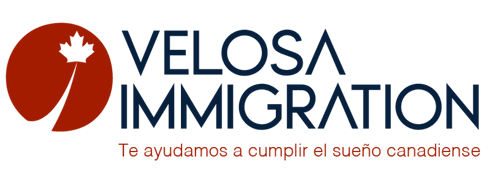Among the goals of the Immigration and Refugees Protection Act (IRPA), that is, the Canadian immigration law, the Government of Canada explicitly includes that family reunificationis among their top priorities. The idea that a foreign worker who becomes a Canadian permanent resident or citizen can have the chance to bring his/her spouse or common-law partner, is of utmost importance for the wellbeing and productivity of such individuals.
For this very reason, there is a legal pathway for a foreign national who is in a committed relationship to a Canadian permanent resident or Canadian citizen through marriage or common-law partnership, to acquire permanent residence status in Canada.
The sponsorship of spouses or common-law partners can be obtained mainly through two ways: when the sponsoree (the foreign national) is already living in Canada with a valid immigration status (worker, student, visitor). These type of applications are known as inland, meaning submitted from within Canada. On the other hand, the application can be submitted while the foreign national is residing outside Canada, that is an outland application.Let’s take a look at some of the differences and advantages/disadvantages of each one.

Inland Applications
- The foreign national can continue to reside in Canada under the temporary legal status they have.
- Overall, these applications tend to take less time to be approved.
- Together with the permanent residence application, it is also possible to submit a separate application for an open work permit of up to 24-months in duration. Once approved, the foreign national can legally work in Canada for any employer until the permanent residence process is completed.
- Perhaps the main disadvantage of this type of application is that the majority of applicants in this stream cannot leave Canada during the time it takes to process and approve the application, or at least until the work permit is approved.
Outland Applications
- The applicant cannot reside in Canada only by the fact of having submitted this sponsorship application. However, it could be possible if the person obtains temporary residence such as a work, study or visitor visa.
- The application will have to meet the standards of processing according to the Visa Office Abroad (VOA) that is assigned according to the country of citizenship of the main applicant.
- There is also the chance that a person who is already in Canada with temporary residence still chooses to submit an outland application. If that is the case, they could be requested to attend an in-person interview in the country of citizenship.
- The main disadvantage is that processing times under this stream tend to be longer than the inland applications.
Finally, it’s important to clarify some key aspects of the process as follows:
- Even though family reunification is a different category from economic immigration and as such there are no language tests, work experience and proof of funds required, the sponsor in Canada must comply with the needed eligibility criteria in order to be successful. Among those is the fact that he/she cannot have been sponsored to become a Canadian permanent resident at least in the last 5 years before the application submission.
- There is no need to show proof of income when sponsoring a spouse or common-law partner, however, the sponsor must commit to cover any potential expenses caused by the foreign national to the Government (undertaking).
- Canadian permanent residents must be physically residing in Canada so that they can sponsor a spouse or common-law partner. Canadian citizens, on the contrary, can start a sponsorship process while residing outside of Canada, always keeping the commitment to move permanently to Canada once the application is approved and their spouse or common-law partner has become a permanent resident.
- Finally, something important to mention is that in the case of married couples, proving the genuineness of their relationship is enough with their marriage certificate. However, for common-law partners, they must be able to prove that they have cohabited in the same physical residence for at least one full continuous year. In general, they must submit supporting documents such as: lease contracts showing both their names and the same address, utility bills showing the same address, medical insurance with both of their names on them, etc.
If you are interested in our services and want to schedule an appointment you can do it at this link.









